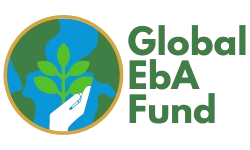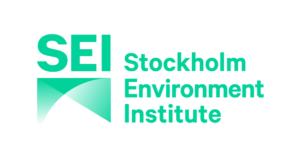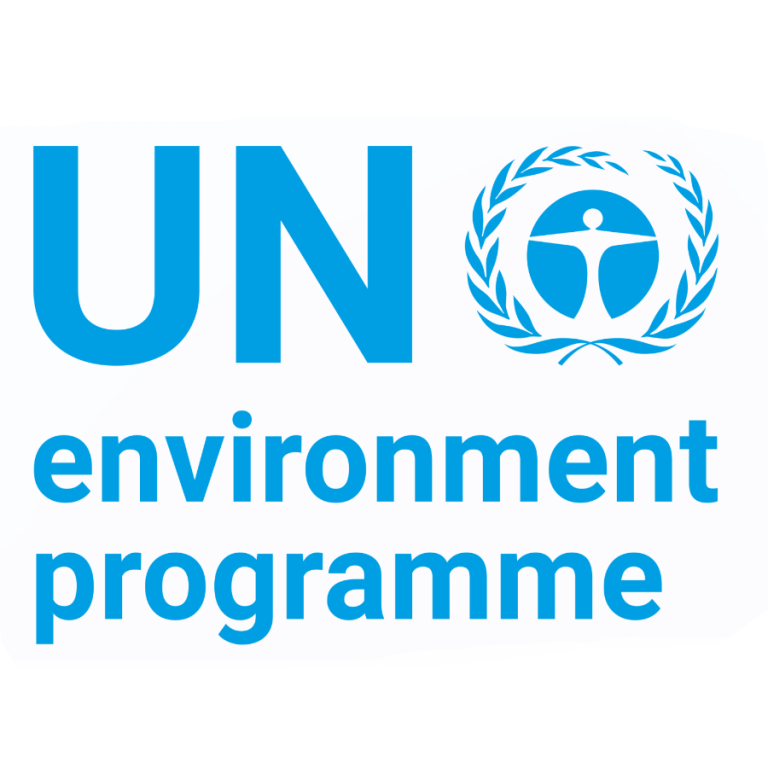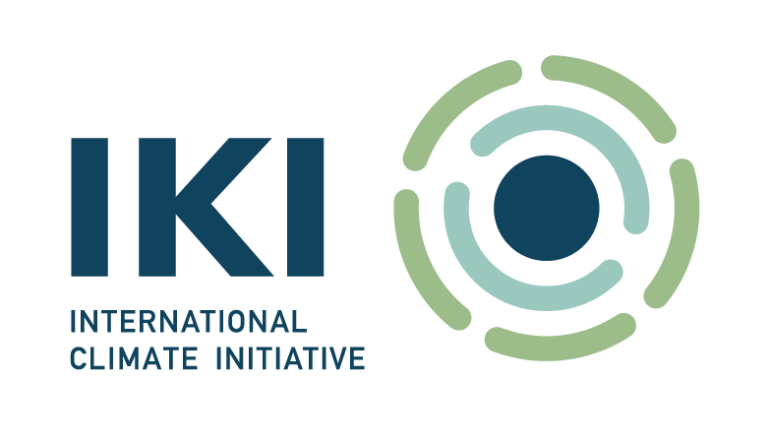EbA-enhanced Climate Field Schools for Climate Resilience (EECCLiRe)
Project Information
“EbA Enhanced Climate Field Schools for Climate Resilience (EECCLiRe)” Wraps Up with Lessons for the Future
After two years of collaboration with coffee-growing communities in Bali and East Nusa Tenggara (ENT) in Indonesia, EECCLiRe has successfully concluded. The project brought together scientists, government agencies, farmers, universities, coffee stakeholders, and grassroots organisations to enhance the adaptive capacities of coffee producers by integrating ecosystem-based principles and approaches into climate field schools, supported by alternative technologies and sustainability standards.
Launched in 2023, EECCLiRe aimed to help smallholder coffee farmers adapt to the growing impacts of climate change, such as unpredictable rainfall, increased pests, and declining soil quality. Through innovative and community-driven approaches, the project introduced ecosystem-based adaptation (EbA) principles and practices into the design of Indonesia’s Climate Field School (CFS).
The initiative started with an inception workshop involving key stakeholders, where plans were made. This was followed by a national online training for BMKG officers—Indonesia’s Meteorology, Climatology, and Geophysics Agency—focusing on climate science, gender inclusion, and EbA strategies. Subsequently, CFS was conducted in four villages: Wanagiri and Sukawana in Bali, and Manggarai and Bajawa in East Nusa Tenggara. These schools offered practical learning for farmers, covering agroforestry, soil sampling, and establishing nurseries and demonstration plots.
One of the key innovations was the introduction of biogas digesters. A total of 27 units were installed across the project sites, with 20 still active at the end of the project. Farmers quickly saw the benefits: reduced reliance on firewood, improved soil health from bio-slurry byproducts, and lower greenhouse gas emissions. The digesters support sustainable farming and spark interest among neighbouring farmers, showing the potential for broader community adoption.
“Using biogas has really helped us save time and reduced the need for firewood,” shared one farmer in Bajawa. “It’s easier, cleaner, and better for our crops too,” said another.
To support ongoing learning, the project developed an EbA agroforestry manual in Bahasa Indonesia and shared it with field school participants. Local partners continue to distribute it to others in their communities. Agriculture extension workers were also trained on these practices and can further share them with other farmers, ensuring the lessons live on beyond the project.
EECCLiRe also explored the role of eco-labelling and sustainability standards in strengthening EbA. Through focus groups and interviews with farmers and stakeholders, the project found that while ecolabels can enhance resilience, their success depends on accessible information and strong support from relevant actors within the coffee sector and the sustainability standards community.
In February 2024, EECCLiRe held a joint policy dialogue with a program on land-based mitigation in Indonesia to identify synergies, followed by a final event in October 2024 during Bali Climate and Coffee Week. These events brought together researchers, farmer groups, coffee entrepreneurs, civil society organisations, international organisations, and policymakers to reflect on what has been achieved—and what still needs to be done.
Four videos and several reels were produced to capture and share the project’s experiences. These show the journey from field schools to farmer voices, highlight biogas solutions, and share insights from policy dialogues. The stories underline the challenges and the resilience of Indonesia’s coffee communities.
The project’s main output is a roadmap titled “Brewing Resilience: Insights on Ecosystem-based Adaptation from Indonesia’s Coffee Sector,” which outlines how EbA and climate-smart practices—like agroforestry and biogas—can be integrated into future field schools. A policy brief has assessed the outcomes of EECCLiRe, while another policy brief guides adaptation and mitigation strategies for smallholder farmers.
As climate impacts intensify, EECCLiRe leaves behind practical tools, local champions, and a strong foundation for continued collaboration.
Project Achievements
- The climate field schools reached 236 direct beneficiaries: 135 farmers and 101 extension workers.
- Two demonstration plots were established in two communities, serving as learning resources on agroforestry for local farmers and extension workers.
- Several publications, including a roadmap on how to integrate EbA principles into climate field schools; modules of EbA-enhanced climate field schools; a policy brief on maximising the potential of climate field schools for adaptation, mitigation, and rural livelihoods; an agroforestry manual; and write-ups on EbA.
- Four videos and 10 reels on EbA.
Twenty biogas digesters are still being used on participating farms, reducing dependency on forestry products for daily living and creating healthier environments
Project Status
Completed: 24/11/2024
Key Metrics
SEI
Brewing resilience: Insights on ecosystem-based adaptation from Indonesia’s coffee sector
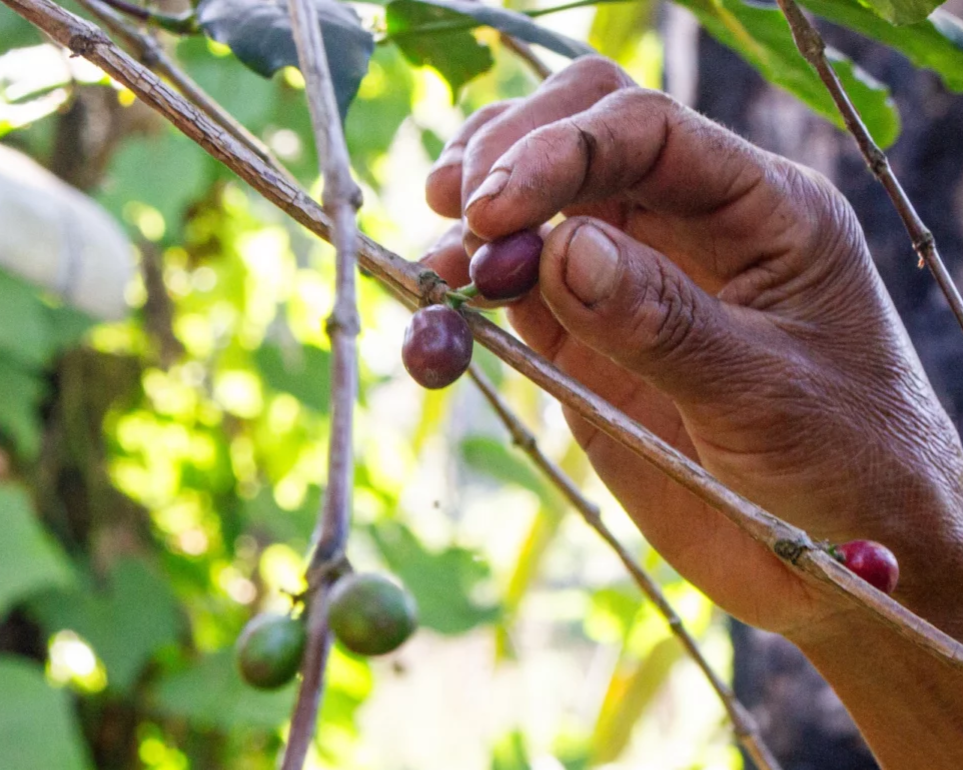
SEI
Brief: Making the most of climate field schools for adaptation, mitigation and rural livelihoods
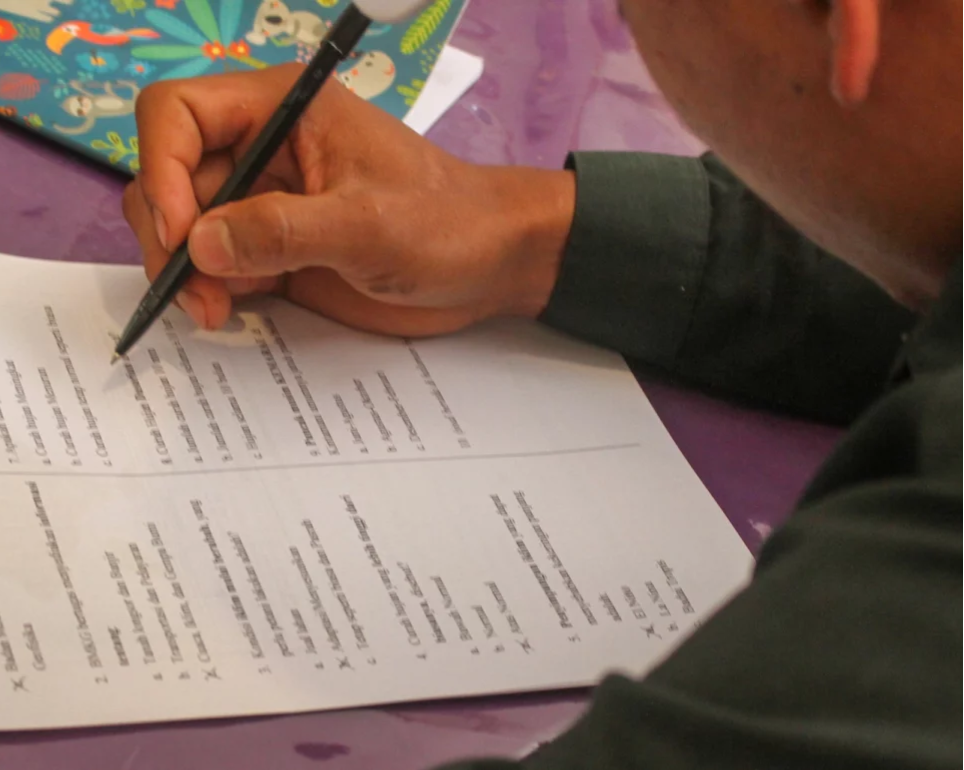
SEI
Local perspectives on global sustainability standards: Fairtrade and smallholder coffee farmers in Indonesia
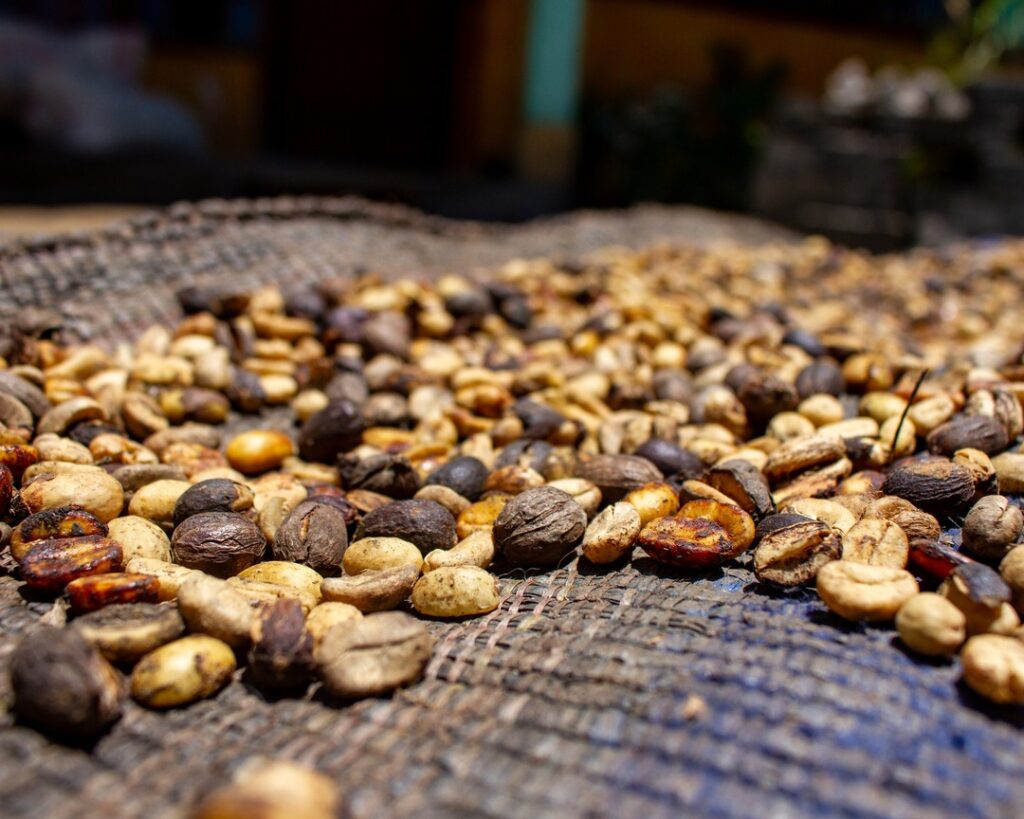
SEI
Enhancing climate resilience among Indonesia’s coffee farmers through Climate Field Schools
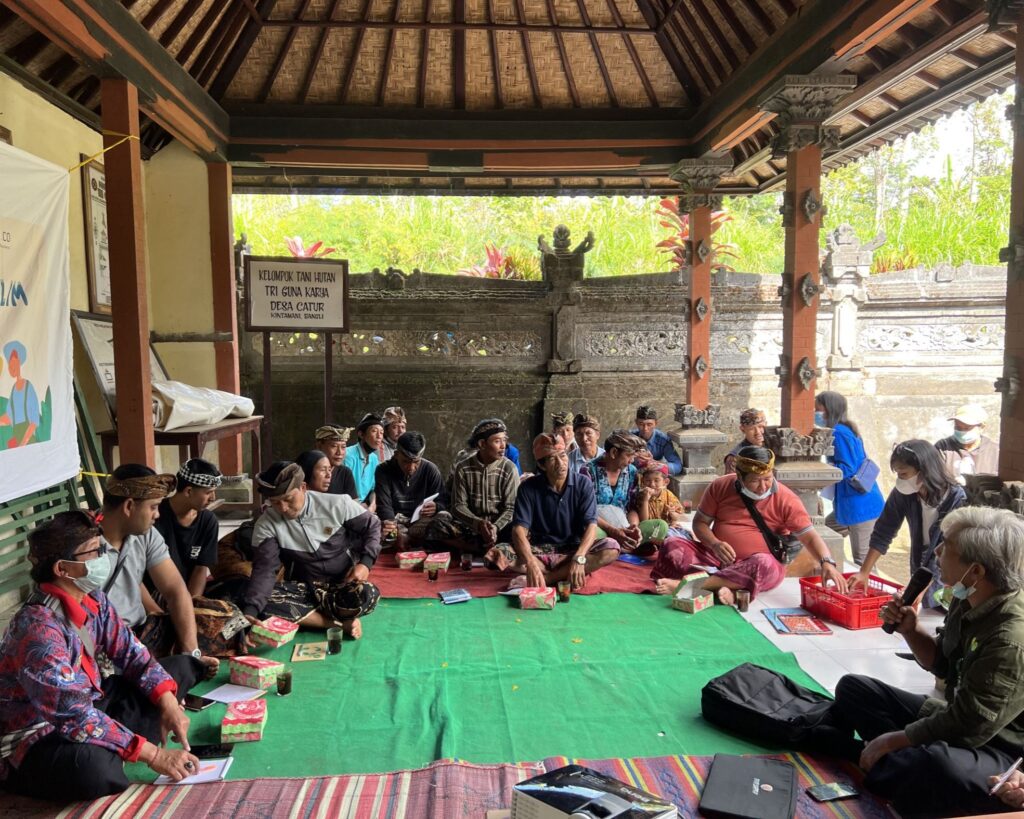
SEI
Enabling ecosystem-based adaptation for climate-resilient coffee farming in Flores, Indonesia
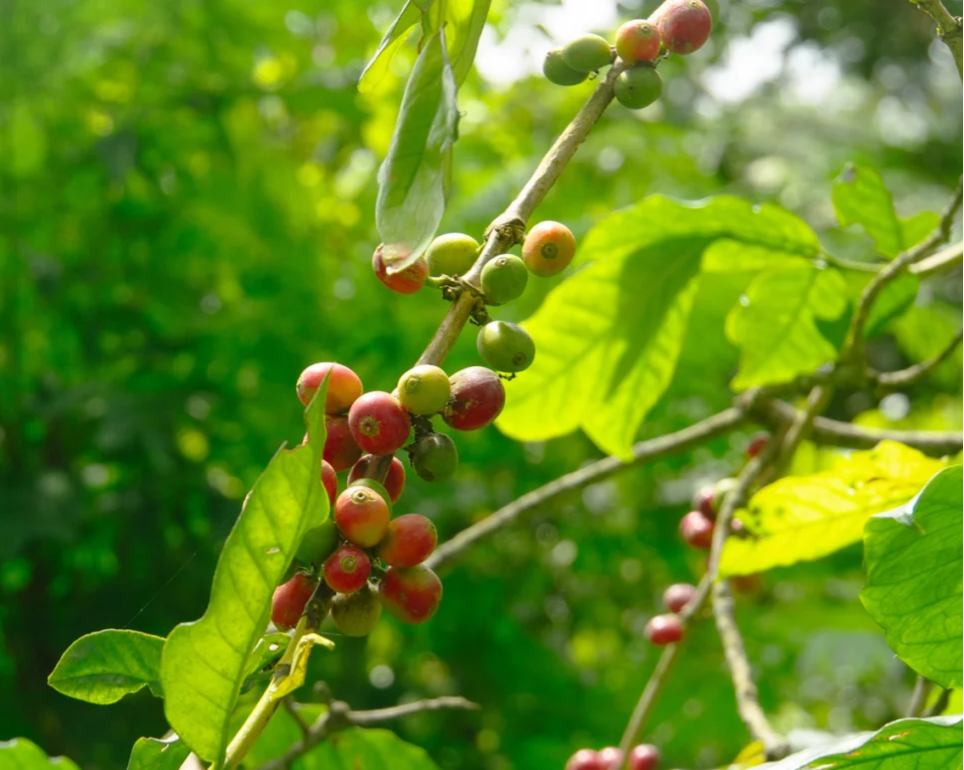
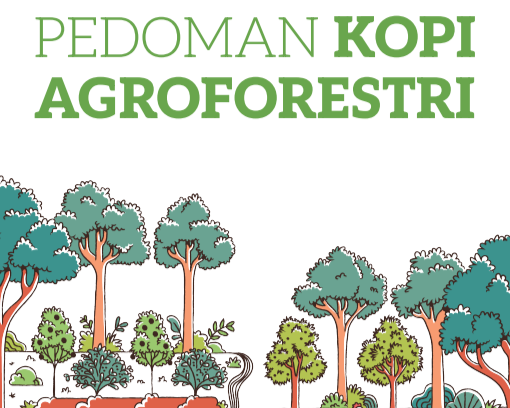
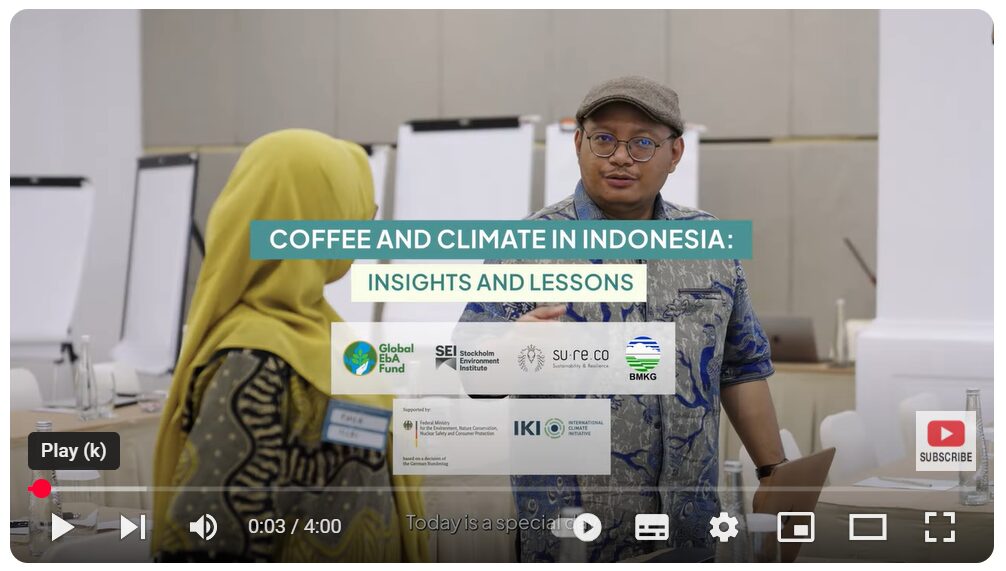
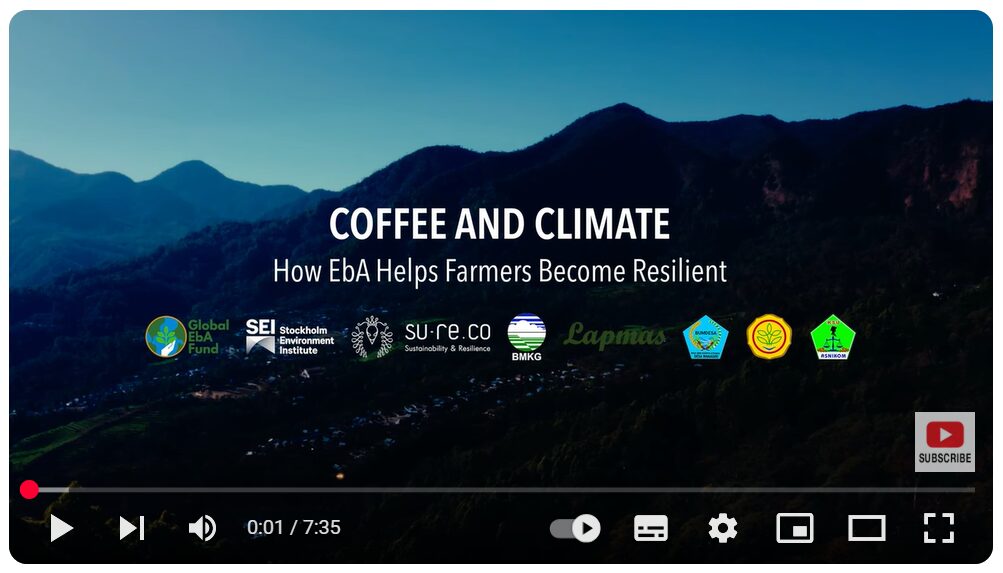
su-re.co
Land, Climate, Action: Insights from an Indonesian Policy Dialogue on Mitigation and Adaptation
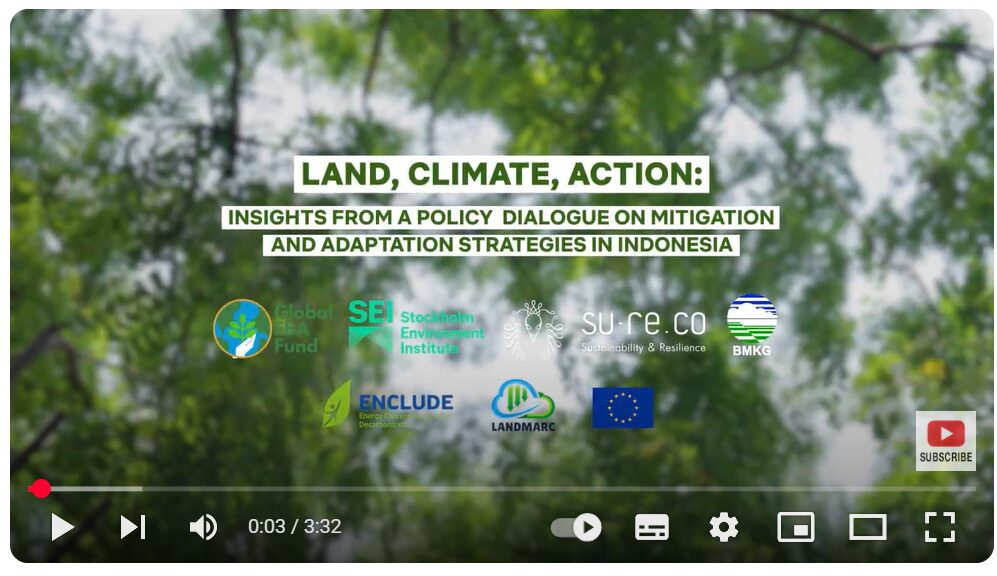
su-re.co
Brewing Resilience: Indonesian Coffee Farmers Responding to the Impacts of Climate Change

